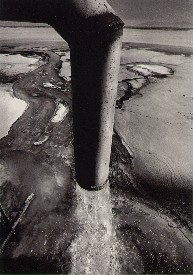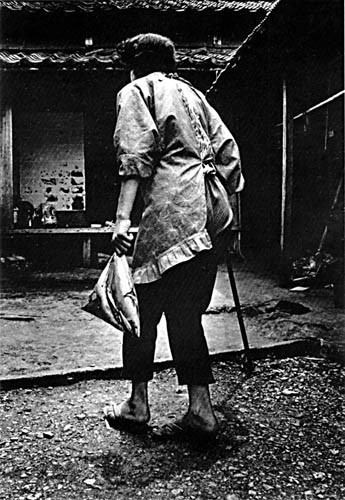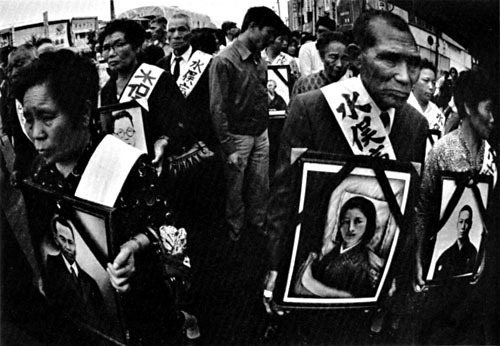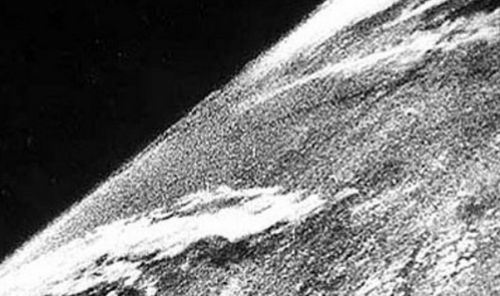Minamata
Minamata is a village located on the west coast of southern Kyushu. The locals noticed a change when the street cats started to dance and then shortly after collapse and die. This was caused by the locals ingesting mercury without even knowing…
How it started:
The Chisso Corporation opened a chemical factory in 1908. The Minamata factory was one of the most advanced in the world distributing acetylene, acetaldehyde, acetic acid, vinyl chloride and octanol. For the acetaldehyde they used mercury sulfate as a catalyst. A reaction to the catalytic cycle caused a production of mercury which was released into the Minamata Bay.
Shortly after people started to notice disease, but doctors thought it was because of their diets of mainly fish. The Chisso Corporation was accused of dumping toxic chemicals in the ocean, but denied these claims. The Chisso Corporation swapped from dumping in Minamata Bay to dumping in Minamata River. A doctor finally diagnosed the sick patients as having mercury poisoning.
The Effects:
Mercury poisoning is caused when you ingest or inhale (or have skin or eye contact) with mercury. Mercury is a mineral that is found in the earth and is extracted during mining. Mercury poisoning can cause numbness in the limbs, slurred speech, and loss of vision. Their brains were slowly rotting away and they became delirious.
In some cases mercury poisoning can lead to inflammation of the mouth, rotting teeth and bleeding gums.
Moving on:
2955 people contracted the disease and 1784 people died from it. The Chisso Corporation paid some of the victims compensation after the fishermen started to protest. Unfortunately most of the victims were desperate and signed contracts that said that the Chisso Corporation would take would accept no responsibility. The Chisso Corporation only started to stop poisoning the waters of Minamata in 1968, and were taken to court in 1969. The water and marine life were heavily affected by the poisoning. This had a massive effect on resources from Minamata.
Luckily the Chisso Corporation have since stopped using the dangerous chemicals which caused "Minamata Disease" and no longer dump waste into any water. In fact the Chisso Corporation have started to try and improve the way the produce chemicals and have introduced environmentally safe technology to their factory.
To this day people are still suffering from the physical, mental and emotional effects of Mercury Poisoning.
Minamata is a village located on the west coast of southern Kyushu. The locals noticed a change when the street cats started to dance and then shortly after collapse and die. This was caused by the locals ingesting mercury without even knowing…
How it started:
The Chisso Corporation opened a chemical factory in 1908. The Minamata factory was one of the most advanced in the world distributing acetylene, acetaldehyde, acetic acid, vinyl chloride and octanol. For the acetaldehyde they used mercury sulfate as a catalyst. A reaction to the catalytic cycle caused a production of mercury which was released into the Minamata Bay.
Shortly after people started to notice disease, but doctors thought it was because of their diets of mainly fish. The Chisso Corporation was accused of dumping toxic chemicals in the ocean, but denied these claims. The Chisso Corporation swapped from dumping in Minamata Bay to dumping in Minamata River. A doctor finally diagnosed the sick patients as having mercury poisoning.
The Effects:
Mercury poisoning is caused when you ingest or inhale (or have skin or eye contact) with mercury. Mercury is a mineral that is found in the earth and is extracted during mining. Mercury poisoning can cause numbness in the limbs, slurred speech, and loss of vision. Their brains were slowly rotting away and they became delirious.
In some cases mercury poisoning can lead to inflammation of the mouth, rotting teeth and bleeding gums.
Moving on:
2955 people contracted the disease and 1784 people died from it. The Chisso Corporation paid some of the victims compensation after the fishermen started to protest. Unfortunately most of the victims were desperate and signed contracts that said that the Chisso Corporation would take would accept no responsibility. The Chisso Corporation only started to stop poisoning the waters of Minamata in 1968, and were taken to court in 1969. The water and marine life were heavily affected by the poisoning. This had a massive effect on resources from Minamata.
Luckily the Chisso Corporation have since stopped using the dangerous chemicals which caused "Minamata Disease" and no longer dump waste into any water. In fact the Chisso Corporation have started to try and improve the way the produce chemicals and have introduced environmentally safe technology to their factory.
To this day people are still suffering from the physical, mental and emotional effects of Mercury Poisoning.

























